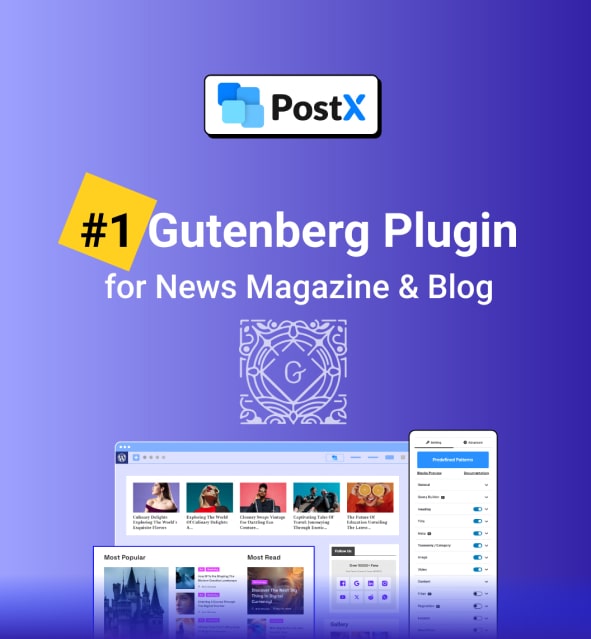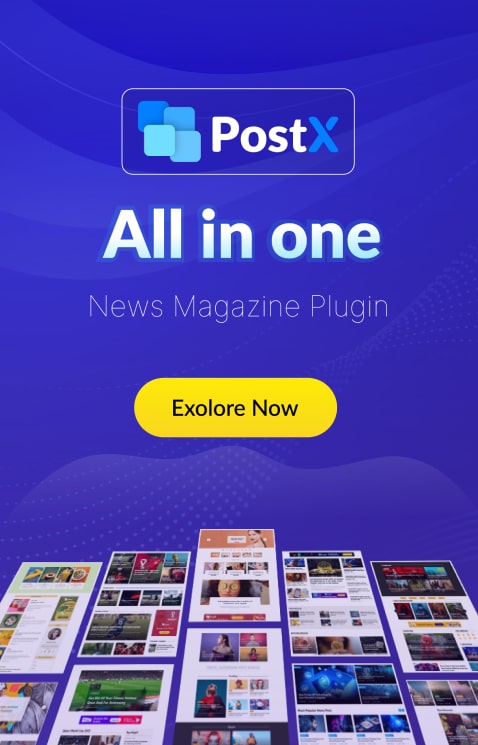Top 10 NFT Marketplaces: Non-fungible tokens (NFTs) give you ownership of artwork, music, videos, and other online collectibles. They exist on blockchains, the innovative technology that underlies cryptocurrencies like Bitcoin. As the popularity of NFTs has grown, the NFT market has climbed to more than INR 3 trillion in value, according to The 2021 NFT Market Report released by blockchain data company Chainalysis.
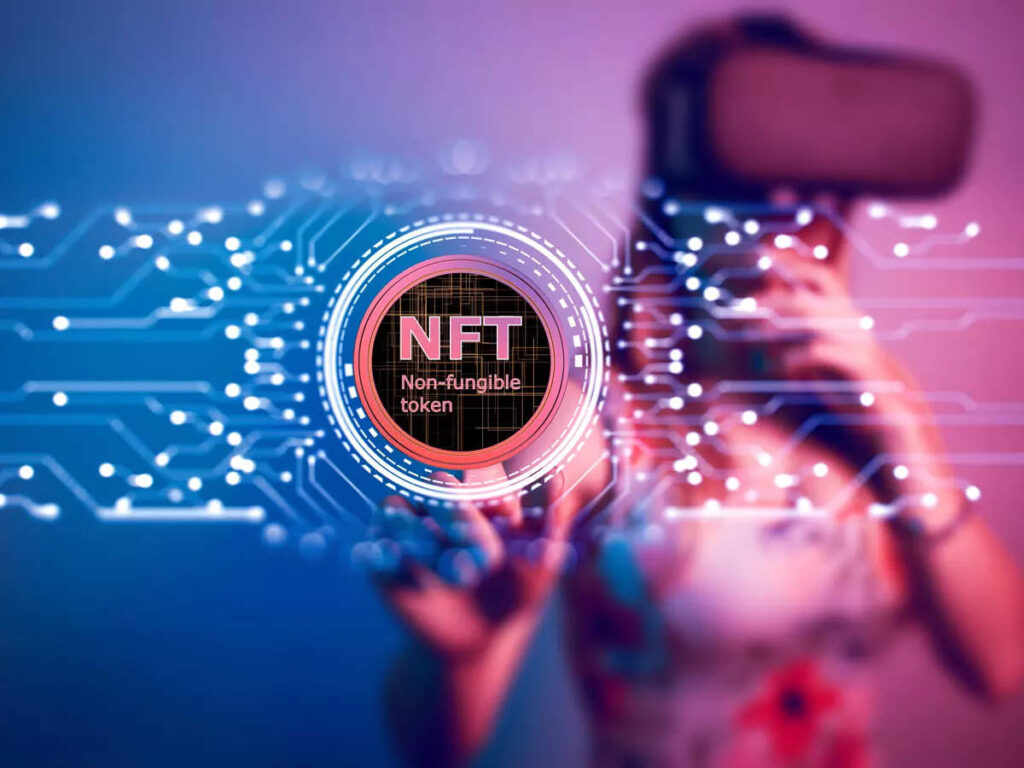
NFT marketplace
Top 10 NFT Marketplaces: Some NFT traders create accounts on and subscribe to a variety of marketplaces so they can receive announcements about new NFT drops. Information about new NFTs is also shared on platforms such as Discord and Twitter, as well as more specialized investing platforms like Rarity Sniper and Rarity Tools. When highly anticipated NFTs are released, investors tend to act quickly. The NFT landscape is evolving, but typically, most NFT marketplaces fall into one of these three categories:
1. Open marketplace
Top 10 NFT Marketplaces: Anyone can sell, buy, or mint NFTs. Minting refers to the process of uniquely publishing your token on the blockchain to make it buyable. Open marketplaces typically mint NFTs for you, though creators can also mint their own works.
2. Closed marketplace
Top 10 NFT Marketplaces: Artists must apply to join and the marketplace usually undertakes the minting processes. Selling and trading are more restricted.

3. Proprietary marketplace
Top 10 NFT Marketplaces: A marketplace that sells NFTs trademarked or copyrighted by the company operating it.
Most marketplaces offer step-by-step guides which help users understand how to use them. Once you have created a marketplace account, you should connect your wallet to the marketplace. Some marketplaces allow you to set up a new wallet from within the website, or they use their own proprietary wallet. Using a marketplace’s proprietary wallet might come with discounts or a reduction in the additional fees incurred by using external wallets.
Top 10 NFT Marketplaces
Here are some of the most popular and well-rated NFT marketplaces where you can buy and sell these digital assets.
1. OpenSea
Top 10 NFT Marketplaces: Launched in December 2017, OpenSea became the first Ethereum-based NFT trading platform. The marketplace rose in prominence as the industry grew and now handles more than 50% of all NFT trading volume good for the largest marketplace, with more than a million registered users. OpenSea boldly describes itself as being the largest NFT marketplace.
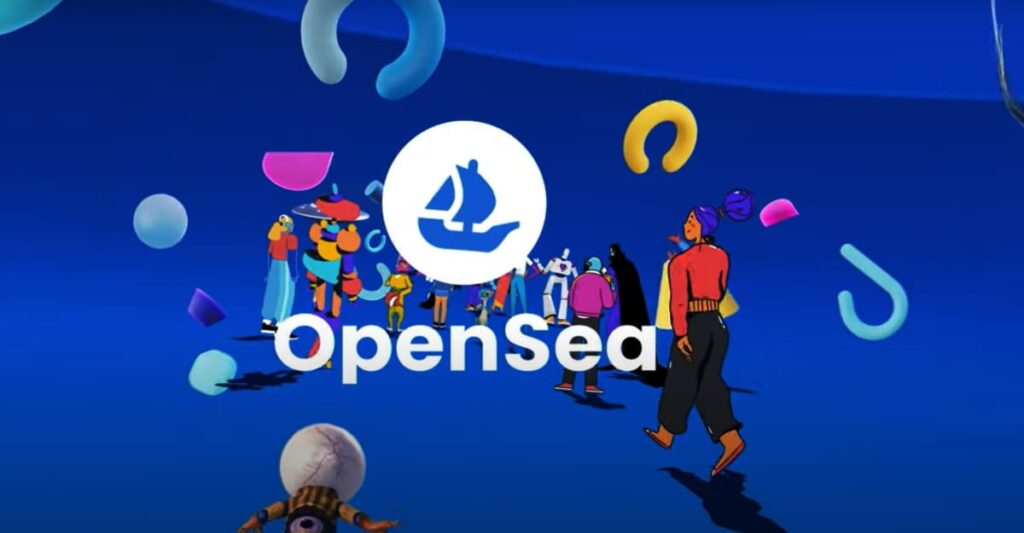
Details:
| Blockchains | Arbitrum, Ethereum, Klatyn, Optimism, Polygon, Solana |
| Focus | Art, collectibles, domain names, music, photography, sport, trading cards, utility, virtual worlds |
| Fees | 2.5% per sale |
| Auction | English, Dutch |
| Royalties | 10% maximum per sale |
| Best for | Art collectors, NFT flippers |
| Pros | Easy onboarding, support for multiple wallets High liquidity Wide variety of listed NFTs, collections Advanced tools for creators Educational guides for beginners Multi-chain support Android, and iOS apps |
| Cons | The marketplace can be somewhat cluttered Record of security breaches resulting in losses Past allegations of insider trading |
It offers a wide range of non-fungible tokens, including art, censorship-resistant domain names, virtual worlds, trading cards, sports, and collectibles. It includes ERC721 and ERC1155 assets. You can buy, sell, and discover exclusive digital assets like Axies, ENS names, CryptoKitties, Decentraland, and more. They feature over 700 different projects, including trading card games, collectible games digital art projects, and name systems like ENS.
Creators can create their own items on the blockchain using OpenSea’s item minting tool. You can use it to make a collection and NFTs for free, without the need for a single line of code. If you’re developing your own smart contract for a game, digital collectible, or some other project with unique digital items on the blockchain, you can easily get added to OpenSea.
2. Magic Eden
Top 10 NFT Marketplaces: Aside from being an NFT marketplace, Magic Eden also supports game creators and launched Eden Games, a hub for NFT games on the Solana blockchain. It also offers partnership and white-label marketplaces, allowing others to create their own marketplaces. Some NFT marketplaces powered by Magic Eden include Thugbird’z Thugstore and Galactic Geckos NFT.
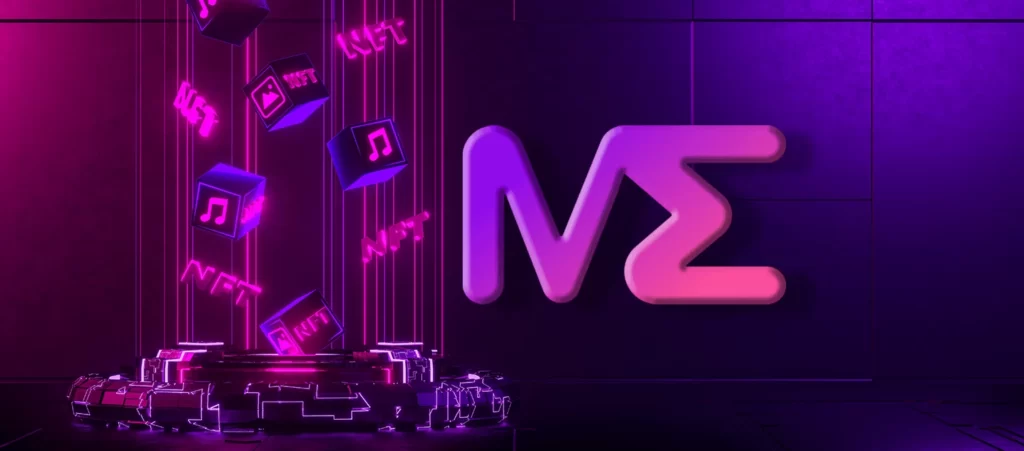
Details:
| Blockchains | Ethereum, Solana |
| Focus on | Collectibles, art, gaming |
| Fees | 2% per sale |
| Auction | Timed auction |
| Royalties | Defined by the creator |
| Best for | NFT collectors, flippers |
| Pros | User-friendly interface Decent volumes Slightly lower fees compared to OpenSea, in parts thanks to Solana-nativity Drop calendar to track upcoming mints Supports multiple wallets across listed networks iOS app |
| Cons | Support only Ethereum, Solana Limited options compared to OpenSea |
Additionally, Magic Eden has its Launchpad, its exclusive minting platform. It gives creators access to hassle-free minting that comes with dedicated development support. Creators can start minting in just four simple steps:
- Visit the launchpad.
- Connect your Solana wallet.
- Wait for the public or presale mint countdown.
- Start minting after the countdown.
Magic Eden is especially sought-after by collectors hunting for fresh, up-and-coming items. The Magic Eden Launchpad hosts regular NFT mints to connect creators with collectors. While the platform started off as Solana-native, it has expanded to enable support for Ethereum-based NFTs — and has additional networks in the pipeline.
3. Rarible
Top 10 NFT Marketplaces: Rarible launched in early 2020 and grabbed a significant portion of the overall market share as the NFT industry saw increased adoption later that year. Rarible is one of few NFT marketplaces with a native token, releasing its RARI token roughly one year after launch. The token allows users to influence platform upgrades and access certain unique features. Rarible is a community-owned NFT marketplace, with its “owners” holding the ERC-20 RARI token.
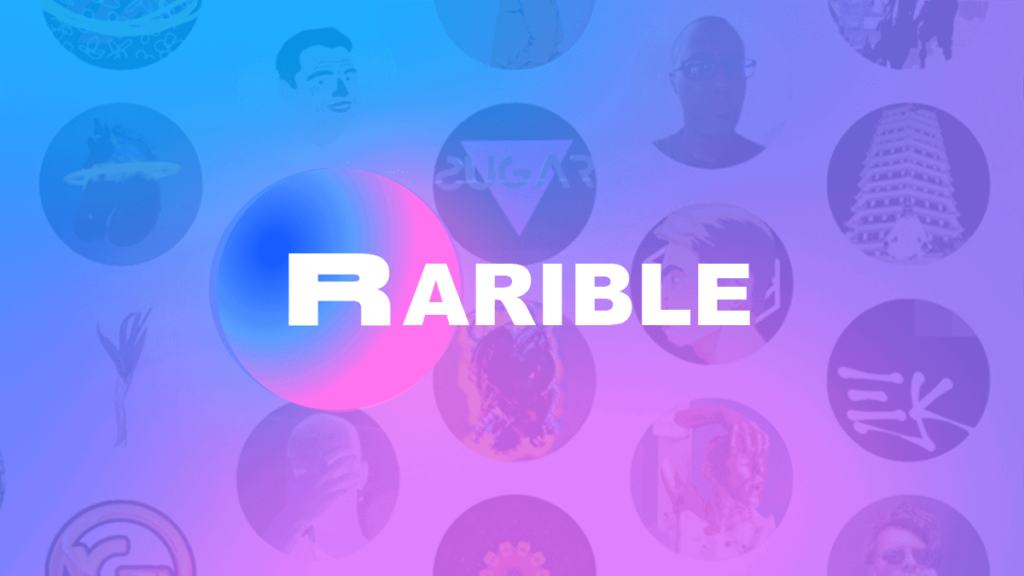
Details:
| Blockchains | Ethereum, Flow, ImmutableX, Polygon, Solana, Tezos |
| Focus on | Collectibles, art, gaming, virtual worlds |
| Fees | 1% fee from the buyer, 1% fee from the seller |
| Auction | English auction |
| Royalties | 10% maximum per sale |
| Best for | Collectors, gamers |
| Pros | Multi-chain support NFT aggregator for seamless purchases across supported marketplaces Enables creators to launch individual marketplaces Android and iOS apps are available Trading fees are distributed between the buyer and seller |
| Cons | Limited NFT options compared to competitors Relatively difficult for new creators to break through |
Rarible awards the RARI token to active users on the platform, who buy or sell on the NFT marketplace. It distributes 75,000 RARI every week. The platform places a particular focus on art assets. Creators can use Rarible to “mint” new NFTs to sell their creations, whether they be books, music albums, digital art, or movies. The creator can even show a sneak peek of their creation to everybody who comes to Rarible but limit the full project to the purchaser.
Rarible has a unique appeal for creators. It provides a filter for buyers to explore top influencers and artists. This feature allows creators to build a closer relationship with their respective collector communities. The platform also offers an aggregator, allowing users to buy NFTs listed on competitors.
4. Nifty Gateway
Top 10 NFT Marketplaces: Nifty Gateway ranks high on the NFT marketplace list for influencers, celebrities, and brands to create limited-edition items. Since launching in 2018, Nifty Gateway has hosted exclusive drops for celebrities and artists such as Carl Cox, Kenny Scharf, Lil Yachty, and Trevor Jones. Nifty Gateway is a popular NFT marketplace that has sold artworks from digital artists and celebrities like Beeple, Pak, Daniel Arsham, and Grimes.

Details:
| Blockchain | Ethereum |
| Marketplace | Focus on Art, collectibles, gaming, music, social, and style |
| Fees | 15% |
| Auction-style | English auction |
| Royalties Defined by the creator | Nifty Gateway takes a 5% royalty fee, plus 30 cents per transaction |
| Best suited for | Power NFT collectors |
| Pros | Exclusive appeal and rigorous vetting approach attract high-profile buyers The majority of listed items are top collectibles Supports fiat payments Android, and iOS apps Live customer service via chat |
| Cons | Only support Ethereum network, Metamask wallet Supports few NFT categories compared to competitors |
The platform is managed by Gemini, a regulated and secure crypto exchange, and is considered a high-end marketplace due to its collaboration with popular creators and brands. One of the things that make Nifty Gateway unique is it allows creators to receive a percentage of secondary market sales. So, when someone purchases your NFT, you will receive a cut from the sales. Moreover, Nifty Gateway has “open editions,” which allow creators to mint unlimited editions of their works for a limited time.
5. Binance NFT
Top 10 NFT Marketplaces: The world’s largest cryptocurrency exchange, Binance, launched its NFT business in June 2021. Users need to register and verify their identities with Binance to access the platform. Creators and collectors transact in three main cryptocurrencies: BNB, BUSD, and ETH. Users can purchase individual items or mystery boxes containing various curated collections. There is also a “premium” and “standard” collection listing.

Details:
| Blockchain | Ethereum, BNB Chain |
| Marketplace | focuses on Collectibles, gaming, art, music, photography, collectibles, sports, virtual worlds |
| Fees | 1% flat fee |
| Auction-style | English auction |
| Royalties | 10% maximum per sale |
| Best suited for | Artists and their fans |
| Pros | Beginner-friendly Decent liquidity Fiat deposits, withdrawals Advanced tools for creators to promote collections Supports inclusivity with all users able to mint and list NFTs |
| Cons | Do not list the most popular mainstream NFT collections Requires KYC verification, typically not required elsewhere |
Premium collections are exclusive drops from popular influencers, while the standard collection features items minted by typical users. Since launching, the Binance NFT marketplace has organized NFT drops for popular celebrities and entities, including Russell Simmons, Paulo Del Valle, the Uganda National Museum, Franck Muller, and Parimatch. The highest recorded sale on the Binance NFT marketplace for newbies is $2.8 million.
6. Coinbase NFT
Top 10 NFT Marketplaces: Coinbase is another centralized cryptocurrency exchange that recently ventured into the NFT industry. In May 2022, the exchange company began offering a place where you can buy NFT art using Ether (ETH) as the primary accepted cryptocurrency. Notably, users require a self-custodial wallet Coinbase Wallet to access the marketplace.
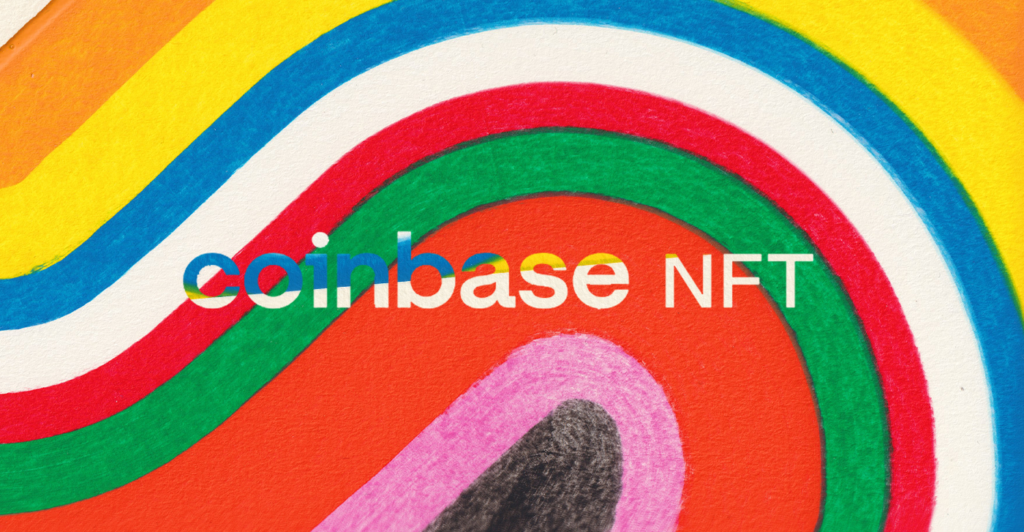
Details:
| Blockchain | Ethereum |
| Marketplace | Focus Art, collectibles, virtual worlds |
| Fees | None (could change in future) |
| Auction style | Timed auctions |
| Royalties | Defined by the creator |
| Best suited for | Art and collectibles collectors |
| Pros | Beginner-friendly Decent liquidity The aggregate listing option supports the direct purchase of NFTs listed on other marketplaces NFT drops calendar to track upcoming mints A curated list of popular creators simplifies decision-making for buyers |
| Cons | Supports only Ethereum-based NFTs Lists fewer assets than competitors |
The Coinbase NFT platform hosts exclusive drops from popular artists and new crypto-native NFT projects. It also lists a range of leading NFT collections, including CryptoPunks, Bored Apes, and Otherdeed metaverse land parcels.
7. SuperRare
Top 10 NFT Marketplaces: Launched in 2018, SuperRare brands itself as a digital art market on Ethereum. The platform carved a niche for itself and is widely considered the best NFT marketplace for buying exclusive artwork from verified creators. SuperRare has a strong focus on being a marketplace for people to buy and sell unique, single-edition digital artworks. Each artwork is authentically created by an artist in the network and tokenized as a crypto-collectible digital item that you can own and trade.

Details:
| Blockchain | Ethereum |
| Marketplace | Focus on Art, music, photography |
| Fees | 3% paid by the buyer |
| Auction style | Timed |
| Royalties | SuperRare collects a 15% royalty on primary sales and creators receive a maximum of 10% royalty on secondary sales |
| Best suited for | NFT art collectors |
| Pros | User-friendly interface Offers high-profile, collectible-grade artwork Regular auctions Educational materials Customer service via live chat In-person gallery experience |
| Cons | Only support the Ethereum network Fees on relatively high end Limits new creators to exclusively verified artists |
They describe themselves as being like Instagram meets Christie’s, offering a new way to interact with art, culture, and collecting on the internet. Each artwork on SuperRare is a digital collectible– a digital object secured by cryptography and tracked on the blockchain. SuperRare has built a social network on top of the marketplace. As digital collectibles have a transparent record of ownership, they’re perfect for a social environment.
8. MakersPlace
Top 10 NFT Marketplaces: MakersPlace launched in 2018 and primarily offers a platform where you can buy NFT art. Collectors can find exclusive artworks from famous artists such as David Loblaw, Mr. Longshanks, FidJay, and many more. The platform has attracted over 100,000 collectors since its launch, with $100 million traded in 2021 alone.

Details:
| Blockchain | Ethereum |
| Marketplace | Focus on Art, music, photography |
| Fees | 15% |
| Auction style | Time-based |
| Royalties | 10% paid to the creator, 2.5% to MakersPlace |
| Best suited for | Digital art collectors |
| Pros | User-friendly experience Advanced tools for creators to launch digital art storefronts Support fiat deposits Both live chat and email support for creators |
| Cons | Exorbitant fees Supports only Ethereum NFTs Limited access for new creators |
The MakersPlace NFT trading platform is notably easy to browse, even for users with no crypto experience. Advanced search filters and support for fiat payment also sets the platform apart as one of the best NFT trading platforms.
Check Also: Non-Fungible Token – NFT And Its 15 Usage In [year]
Frequently Asked Questions (FAQs)
What does NFT stand for?
NFT stands for non-fungible token. Non-fungible is an economic term that refers to things that are not interchangeable with other items because they have unique properties.
What is an example of an NFT?
NFTs began in the digital art world, but you can now buy many different types of NFTs, including music, sports highlights, video games, fashion, trading cards, event tickets, memes, domain names, and more. Famously, Twitter founder and CEO Jack Dorsey’s first tweet was sold as an NFT in 2021 although subsequent media reports suggested this didn’t turn out to be a good investment for the person who bought it.
Is NFTs cryptocurrency?
NFTs and cryptocurrencies share some similarities but also have important differences. The main difference is that cryptocurrencies are fungible and NFTs as their name suggests are non-fungible. What this means is that one Bitcoin equals another Bitcoin, but one NFT doesn’t equal another NFT. Each NFT asset is unique and its value is determined by market forces.
What are NFTs used for?
NFTs are tokens used to represent ownership of unique items. NFTs allow their creators to tokenize things like art, collectibles, or even real estate. They are secured by the Ethereum blockchain and can only have one official owner at a time. No one can change the record of ownership or copy/paste a new NFT into existence.
What is NFT digital art and how does NFT artwork?
NFT art refers to digital assets which are collectible, unique, and non-transferable. Once NFT art is created, it is tokenized or minted on the cryptocurrency service called a blockchain. Blockchain is a digital transaction system that records information in a way that is difficult to hack or scam. This makes it useful for tracking copyright ownership and maintaining records of creation – hence why it has become popular in the digital art world.

